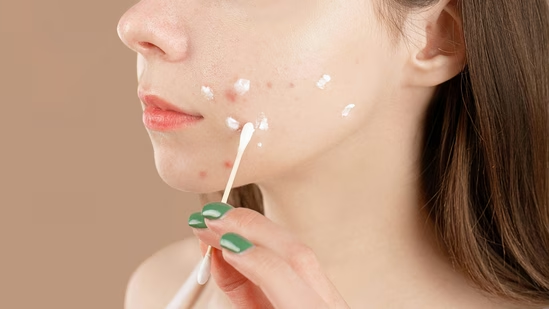8 october 2024 : A recent study has raised concerns about the presence of benzene, a cancer-causing chemical, in some of the most popular acne products, including Proactiv and Clearasil. Researchers tested over 100 benzoyl peroxide-based acne products from major retailers across six US states and found that about one-third were contaminated with high levels of benzene.
Proactiv was found to contain 18 times the legal limit of benzene allowed in US drugs, while a CVS-brand face wash had 13 times the FDA’s safe limit. The study, published in the Journal of Investigative Dermatology, suggests that many acne treatments on the market today contain dangerously high levels of the carcinogen.
The study follows an earlier analysis by Valisure, a New Haven-based lab, which had found similar issues in acne products earlier this year. Valisure had petitioned the FDA to recall products with high benzene levels, but the agency has yet to take action, stating that it is still conducting its own research.
The researchers used a more controlled method this time, testing products at room temperature rather than at high temperatures as in the earlier study, addressing some of the criticism of the initial analysis. While many popular products, such as Clean & Clear and Neutrogena, did not contain unsafe levels of benzene when stored properly, a few, including some Clearasil products, had benzene levels slightly above the US limit. The study also indicated that exposure to UV light can increase benzene levels in acne treatments, raising concerns about potential risks when used in the sun.
While manufacturers like CVS Health and Reckitt Benckiser (makers of Clearasil) assert their products are safe, the FDA’s lack of action has prompted calls for greater scrutiny. Experts say that manufacturers need to do more to ensure their products are free of harmful chemicals like benzene.

